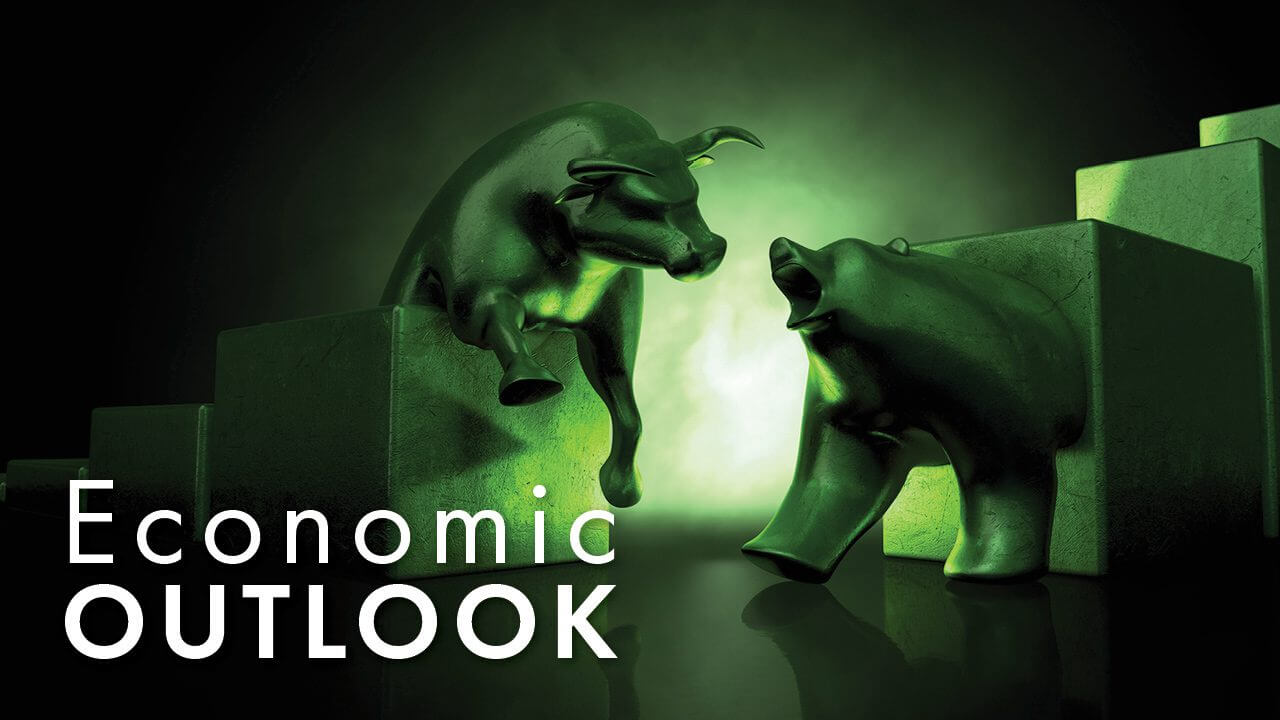The economy received good news that inflation is continuing to slow with the Consumer Price Index dropping to 6.5% year over year. This continued reduction in inflation is fueling hope that the Federal Reserve can pull off a “soft landing.”
A soft landing —defined as raising interest rates and weakening the economy while also avoiding a recession— is rare. The Fed last pulled one off in 1994. Inflation was around 3%, and the Fed was attempting to stave off rising inflation. This resulted in a series of seven rate hikes beginning in February 1994 and ending in February 1995that approximately doubled interest rates to 6%.
However, a number of leading economists are predicting that the economy will tip into recession next year. While some economists believe a recession is more likely than not, others believe the soft landing is still possible. Here are five key indicators that are worth noting when looking at the economic forecast for 2023.
- Historic jobs recovery
Hiring remains surprisingly resilient. The economy added 263,000 jobs in November, and the unemployment rate is just 3.7%. This is just a touch above the half-century low that was tied earlier this year. Although major tech and media companies have laid off thousands of workers, initial jobless claims remain low. In fact, jobless claims are almost exactly where they were a year ago, long before there were talks of a recession.“This is one reason to the be optimistic the economy could skirt a recession,” according to Mark Zandi, Moody’s Analytics chief economist. “Without mass layoffs, it’s unlikely consumers will stop spending and the economy suffer a downturn.” - Inflation is cooling
The cost of living is still way too high, but the rate of inflation appears to have peaked.Consumer prices soared by 6.5% year-over-year in December. At almost any other point in the past 40 years, that would be alarmingly high. But this marked the sixth-straight month of improvement and a significant cooldown from 9.1% in June. It’s also the lowest annual inflation rate in nearly a year.If this trend continues, it could significantly lower the risk of a recession. But if inflation remains well above the Federal Reserve’s 2% target, that would be problematic. - Gas prices have dropped
After spiking above $5 per gallon for the first time ever in June, gas prices have dropped. The national average for regular gasoline recently dropped to $3.10 per gallon, an 18-month low, though it has crept higher in recent days to about $3.22 per gallon.Gas prices are expected to climb again this spring and summer but, for now at least, experts are not forecasting a return to $5 per gallon. - Real wages are heating up
For much of the past year, wages have been high but inflation has been higher. That means adjusted for inflation, paychecks have been shrinking. But, that trend has begun to reverse, at least when measured on a monthly basis. Real wages have been growing faster than consumer prices, a significant shift that could give consumers firepower to keep spending over the next year. - The Fed won’t hike to the moon
The Fed’s war on inflation is the reason the risk of a recession is significant. The central bank is effectively slamming the brakes on the economy.The fear is that the Fed will eventually overdo it, raising rates so high and keeping them there for so long that it causes a recession — if the Fed hasn’t already done that.Federal Reserve Chairman Jerome Powell has made it clear the Fed isn’t anywhere near ready to hit the gas on the economy by cutting rates. But just removing its foot from the brake would be a positive.
Final thoughts
The new year still presents significant challenges for investors. Interest rates, gas prices, and supply chains will continue to be the key components to whether the economy will fall into recession or not. Our outlook remains positive with regard to the alternative investment landscape. As always, we look forward to discussing these topics and your investments with our clients.

